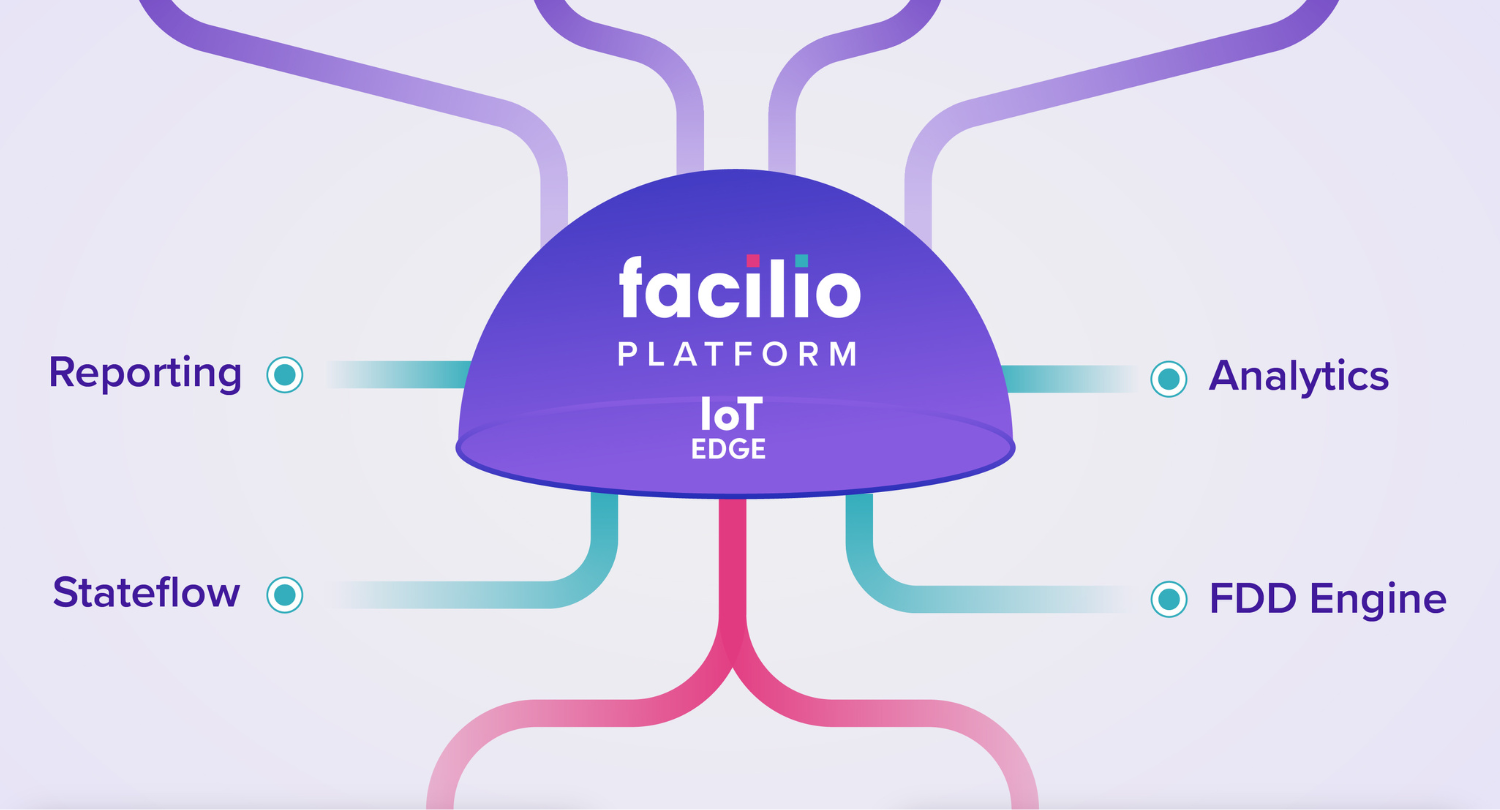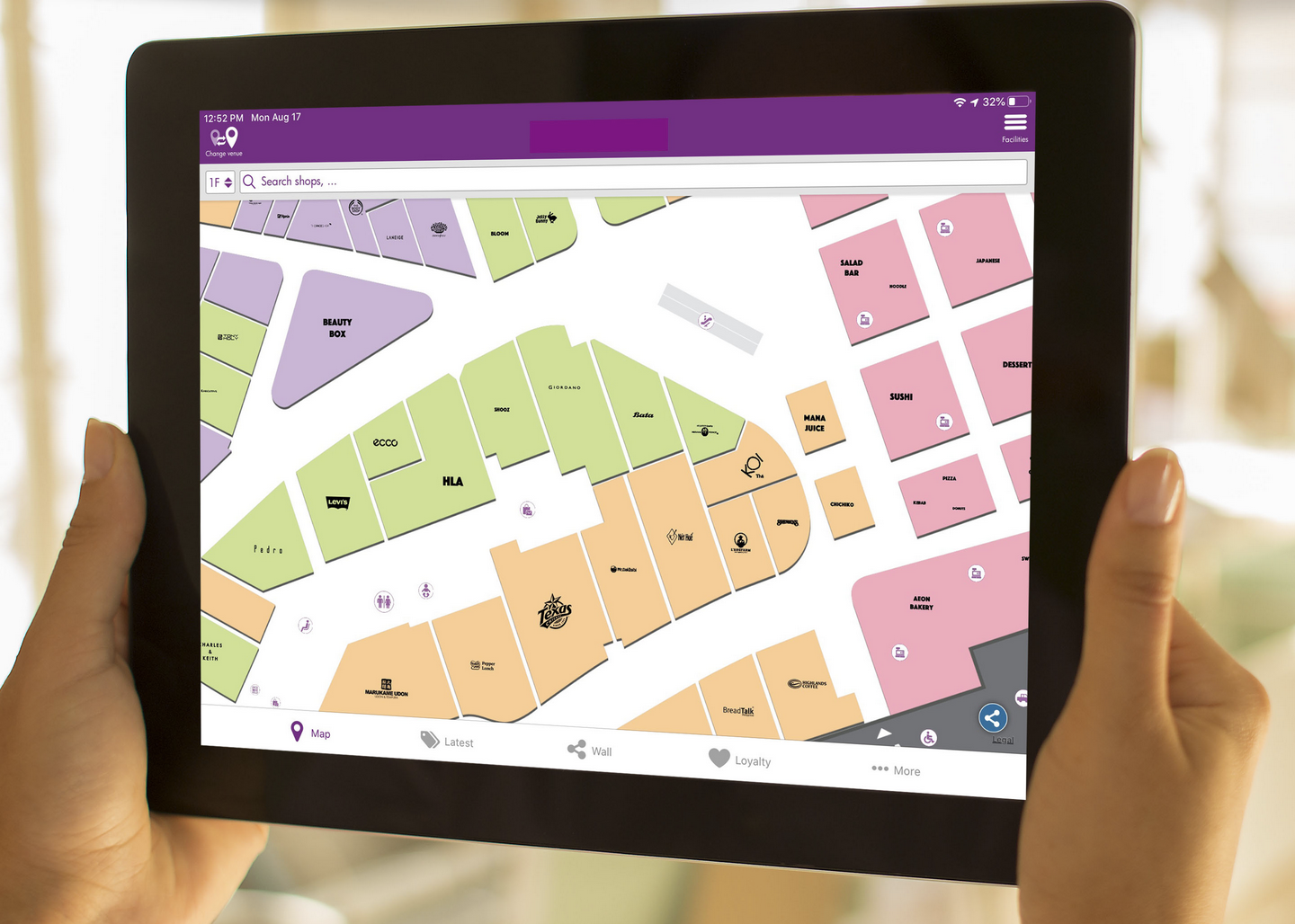Breaking Tech Barriers to Excel in a Competitive FM Arena
Prabhu Ramachandran, Founder and CEO at Facilio Inc
Posted 11/9/23
Remember when IT was a humble back-office function, typically depicted in movies and TV as the team that sits in a dark and dingy basement office covered in wires and servers? Something changed the face of IT, which was essentially a back-office accounting resource, and what it meant to a company: bringing it from the basement to the executive’s table, and transforming it from a cost center to a strategic lever.
It was Technology…
Technological advances facilitated the digitization of core business processes like financial asset management, accounting, order processing, production scheduling, and more, proving the ability of IT to align with strategic business objectives and significantly impact costs and capability.
Similarly, the finance and accounting departments earned a seat at the table by integrating advanced technologies to revolutionize how financial data is processed, analyzed, and utilized to support strategic decision-making.
Parallel to the finance/IT functions, technological innovations have revolutionized how facilities are managed, enhancing efficiency, customer experience, sustainability, and cost-effectiveness while elevating the role of facilities management in supporting broader organizational goals.
Beyond Service Delivery at Cost: The Evolving Role of Facilities Management
Traditionally, the cost factor was the north star metric for facilities management companies (FMs). However, organizations began to recognize the significant business value and insight the efficient management of their facilities could represent for their operations, with technology as an enabler for this paradigm shift.
From the 1960s, when the first CMMS was developed by the U.S. Navy, to now, when more advanced technologies like integrating IoT sensors, real-time data analytics, and predictive maintenance, technology has profoundly impacted FM.
The transformation was already underway, and the COVID-19 pandemic forced FMs to accelerate this transformation to adapt to increasingly complex building needs post-pandemic.
Today, there is a lot of pressure on FMs to find new and innovative ways to deliver exceptional customer experience and agile responses to the rapidly evolving needs of facilities across various service lines.
Beneath the Obvious: What’s Weighing Facilities Management Companies Down Today?
A recent report found that the worldwide facilities management market was worth $42.2 billion in 2021 and is expected to reach $76.3 billion by 2026, growing at 12.6% from 2021 to 2026.
In such a competitive market, offering only lower costs than the competition is rarely enough. FM leaders should think about creating effective operational strategies that support differentiation and unlock business value from intuitive insights.
The biggest hurdles on the path to enabling these new expectations of FMs are…
- Resolving internal inefficiencies to unify people, processes, and systems across service lines to deliver business insights to various stakeholders and go from being just another FM vendor to an indispensable business partner.
- Centralizing all FM functions to deliver an integrated FM experience with customer experience, demand-based agile response, flexibility, and scalability at its heart.
- Enabling scalability with platforms that allow adding new features to the existing tech stack rather than purchasing new solutions that warrant arduous integrations.
- Facilitating hassle-free addition of new service lines to accommodate evolving O&M needs with exceptional service delivery and expanding into new verticals with quick and efficient project kick-offs.
To stay competitive, FM service providers must adopt forward-thinking technologies to become strategic partners who actively contribute to wellness, decarbonization, and net-zero goals.
Fusing Technology and Strategy for Greater Business Impact
Done properly, an integrated FM system could help FMs realize outcomes like:
- Shift to a holistic approach and rationalize the existing tech stack to manage all operations from a single pane of glass
- Quick deployments for new clients with standard requirements in existing service lines
- Lower development efforts and faster time to market for clients/service lines with custom use cases
- Monitor key metrics and performance indicators in real time. Gain visibility and actionable insights into operations across client portfolios.
- Enable teams with the ability to respond quickly to property management needs and effectively collaborate across devices.
- Seamlessly support adding new business lines and digital initiatives
- Standardize service delivery and orchestrate all business processes from one scalable, robust SaaS infrastructure
These outcomes are nearly impossible to achieve with legacy CaFM that simply does not work for the new-age demands. We need a new way of thinking about FM and reimagine the CaFM to support this transformation.
Ditch Manual FM for Automated and Real-Time Operations
Traditional FM software creates friction and silos, forcing property operators to work within the confines of predefined workflows, hindering their ability to provide customized, truly customer-centric experiences.
They need a cloud-based solution that expands the boundaries of operations software beyond work orders and maintenance to automate processes, enable stakeholder engagement, and drive connected efficiency—all in one place.

This allows customers to easily fill gaps in their tech stack, gain immediate value, and eventually transition from point solutions to seamless, interoperable modules.
Enable Agile Response for Reactive Maintenance
The unpredictability of reactive maintenance directly affects customer satisfaction, resolution time, and operational struggles like managing assets and inventories against the workload, unplanned costs, and technician availability.
To deliver truly agile demand-responsiveness, it is imperative that reactive maintenance be automated.
The good news is that automating reactive maintenance isn’t an oxymoron–not with a Connected CMMS like Facilio, which caters to all stakeholders and centralizes building operations by integrating people, systems, and processes.
This way, everything from budget approvals, purchase orders, vendor communication, work orders, and resolution time benchmarks sits on a single platform.
Bridge In-house and Contracted Operations with a Unified Platform
To paraphrase Oscar Wilde, “It isn’t productive to know the cost of everything, but the value of none.”
Facilities management companies are in a similar place, where they know the cost of everything but are unable to deliver value from their services, credit to the siloed systems legacy CaFM create, forcing property operators to manage workflows instead of facilities, hindering their ability to offer customer-centric services and optimal building performance. Further, incompatible systems break the flow of O&M information and render valuable data inaccessible across the board.
Facilities management companies need an integrated O&M platform that presents opportunities to optimize portfolio-wide performance by becoming a single ecosystem to manage in-house and contracted operations, powering multiple applications to enable growth and expand to newer verticals and service lines.
The seamless interoperability would enable the orchestration and automation of end-to-end operations and business processes, enabling you to improve service quality and gain complete operational visibility through a single pane of glass.
Charting a Course from Conventional to Extraordinary FM
As the FM market continues to grow, it is not enough to focus solely on cost; the true measure of success lies in how effectively FMs can integrate strategy and technology to deliver exceptional experiences, align with organizational goals, and contribute to a sustainable future.
The challenges are clear, and so are the opportunities.
By breaking down silos, embracing automation, and adopting forward-thinking solutions, FM service providers can transcend traditional boundaries and become invaluable partners driving success, innovation, and excellence across diverse verticals.
It’s time for FM to shine as a strategic powerhouse, leveraging technology to excel in a cutthroat world of service excellence.

Prabhu Ramachandran
Prabhu Ramachandran is the CEO & Co-founder of leading proptech company Facilio Inc. which offers cloud software solutions to manage the built environment. Headquartered in New York City with offices in Dubai, London, Chennai, Australia & Singapore, Facilio is a global company backed by leading investors including Accel Partners, Tiger Global Management, Dragoneer Investment, and Brookfield.
Prabhu’s career spans over 18 years of product, business, and customer experience focused on enterprise-scale software for IoT-based connected services, sustainable building solutions, and telecom network management.
Related Articles

Engineered Building Maintenance

Achieving "Near Zero" Refrigerant Emissions in HVAC Systems

HVAC Attack - How to Select the Right HVAC Filter for the Job

How Building Managers Can Save On Energy Purchasing Through Changing Paradigms

What Is Facilities Management? Challenges, Solutions, & More

How a Platform Approach Can Transform Your Building Operations




